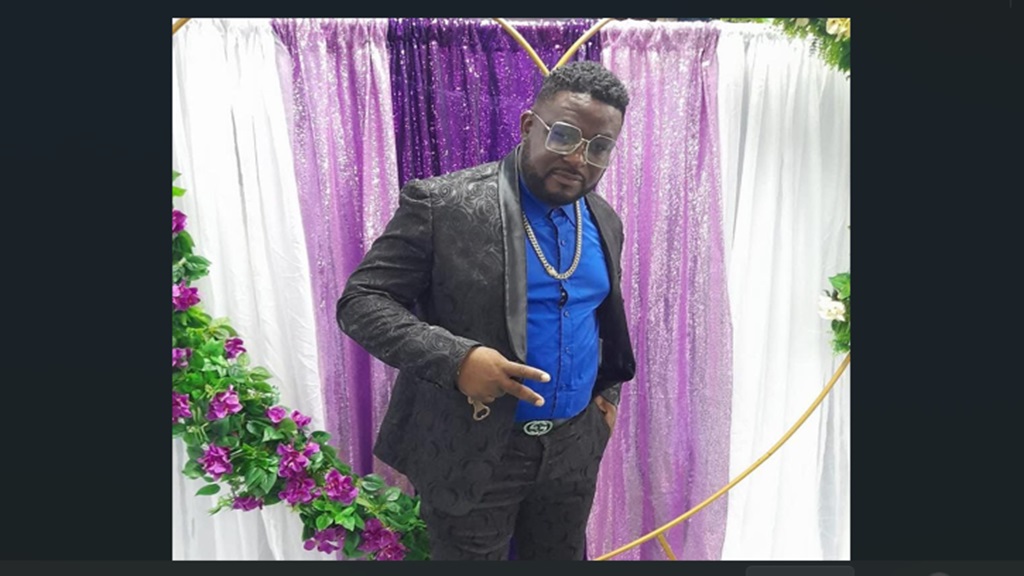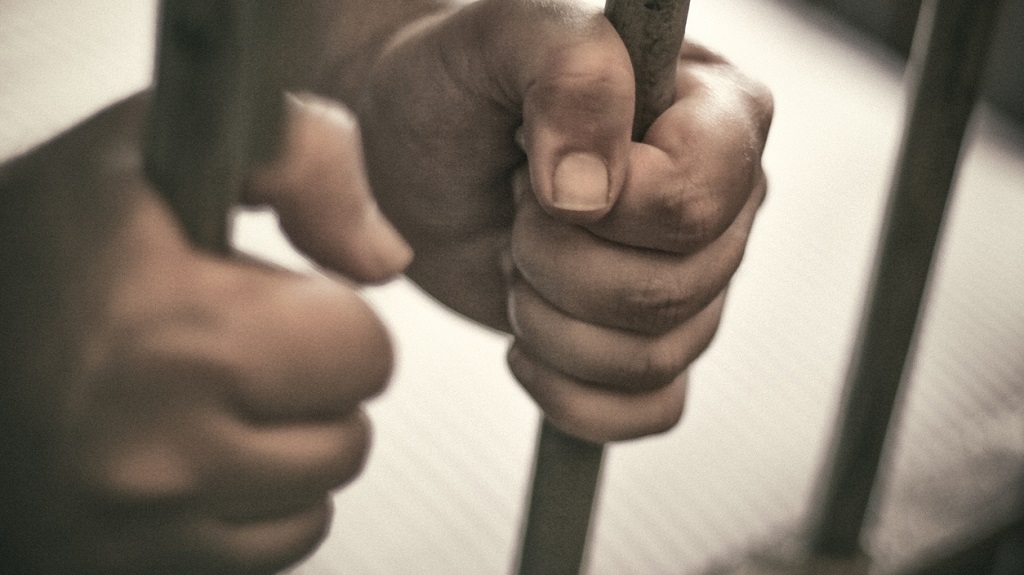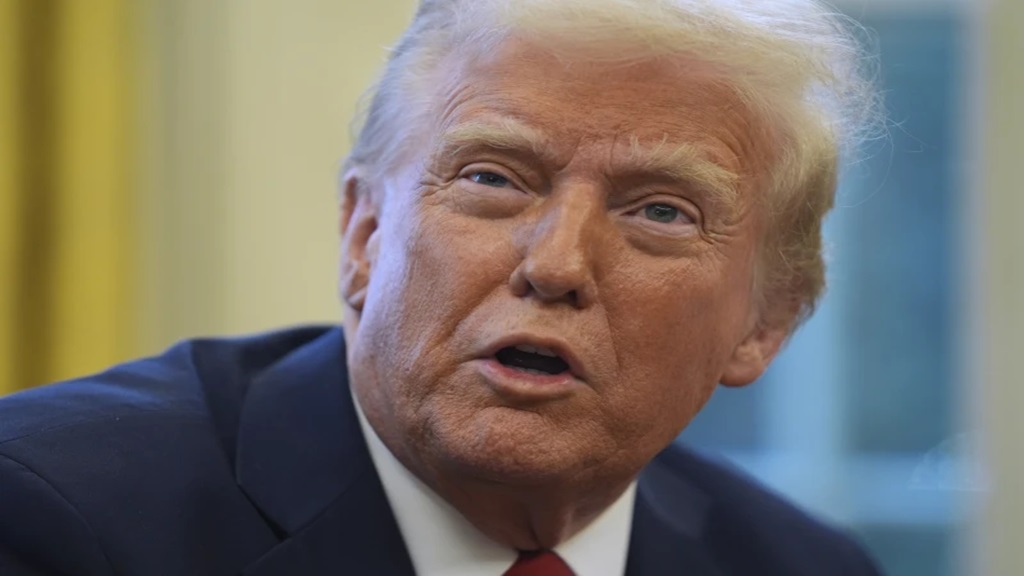
Photo: Bloomberg
“He who controls the past controls the future; he who controls the present, controls the past. ” George Orwell wrote this in the late 1940s, but an excerpt from “1984” the classic anti-utopia of the famous English writer. ) is a perfect description of how the leaders of Russia and China, Vladimir Putin and Xi Jinping, relate to history, writes Gideon Rahman for the Financial Times.
In the last days of In 2021, both the Russian and Chinese governments took drastic action to censor the view of history in their countries. In both cases, the decision to “control the past” sends a grim signal to the future.
Russia’s Supreme Court has closed Memorial, an organization founded in recent years by the Soviet Union to record and preserve the memory of the victims of Stalinism. In Hong Kong, local universities paid homage to China’s central government by removing statues from campus in memory of the Tiananmen Square massacre in 1989. In the decades since its decolonization in 1997, Hong Kong has been a bastion of free speech within the People’s Republic of China. but this era is finally over.
The closure of Memorial feels like a turning point for all of Russia. For all the brutality of Putin’s regime, Russia until recently allowed for significantly more opportunities for political dissent than China. Opponents of Putin demonstrated en masse in the streets in 2012, 2019 and 2021. This kind of open criticism of Xi Jinping has long been unthinkable in mainland China.
different. A portrait of Mao Zedong, the leader of China’s communist revolution, overlooks Tiananmen Square, and his statues are placed on campuses in Beijing and Shanghai. But to see a statue of Joseph Stalin in Moscow, I had to visit the park with socialist monuments, where I found the stone head of the former Soviet dictator.
(In 2017, Putin himself unveiled a monument to victims of Stalinism in Moscow and laid flowers. Memorial’s chief operating officer welcomed the gesture. But now the prosecutor in the case, which declared the organization illegal, complains that it “makes us regret the Soviet past instead of remembering its glorious history.”
Observers in Russia views the closure of the Memorial as a deliberate move toward Chinese levels of censorship and control. Alexander Baunov of the Carnegie Moscow Center told the New York Times: “This is a real change in China’s approach to history,” in which Mao’s or Stalin’s “mistakes” are acknowledged but treated as minor stains in otherwise glorious times. Grigory Yavlinsky, a veteran opposition politician, says this is the turning point between authoritarianism and totalitarianism.
Note: This article has been indexed to our site. We do not claim legitimacy, ownership or copyright of any of the content above. To see the article at original source Click Here













